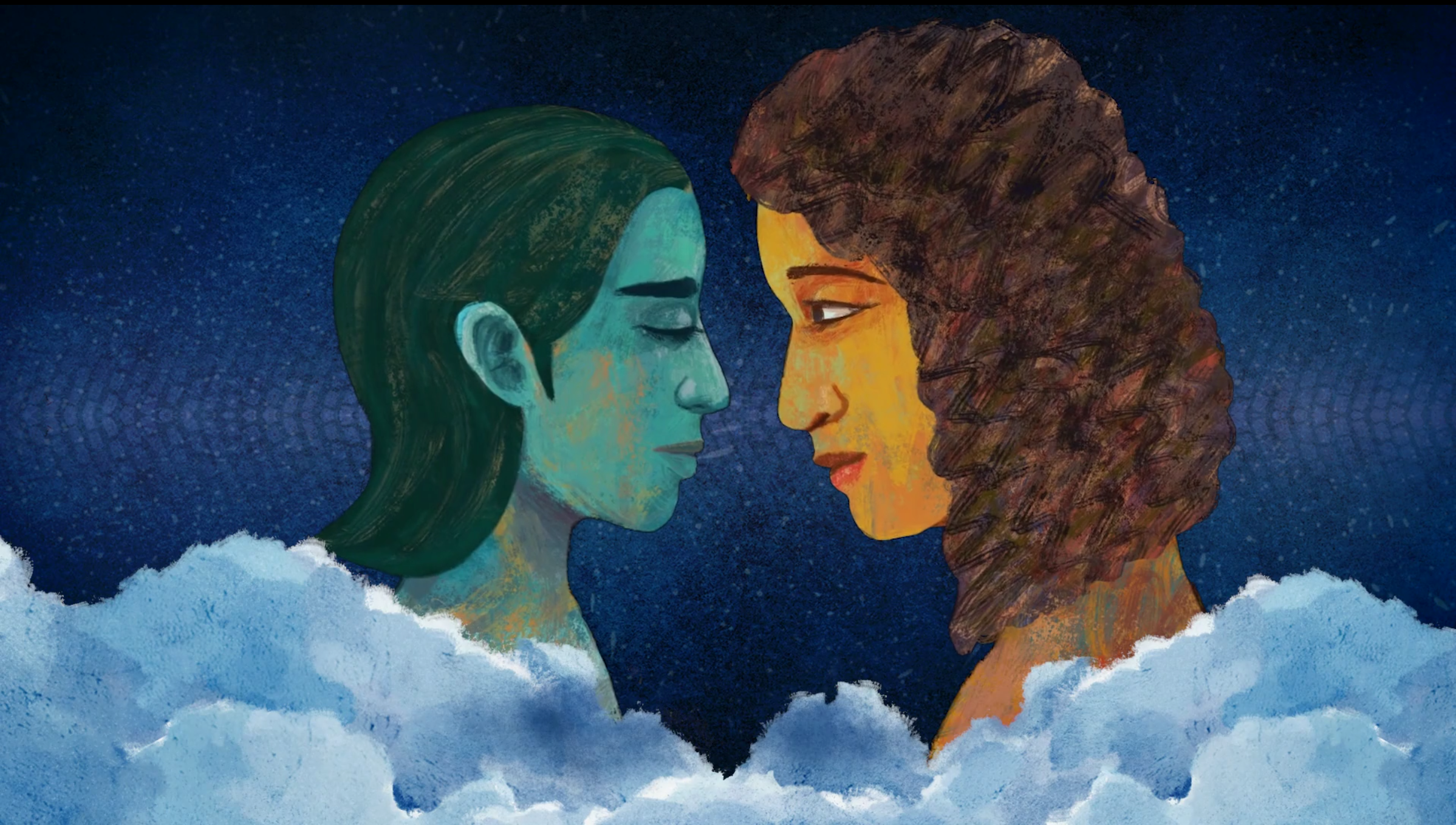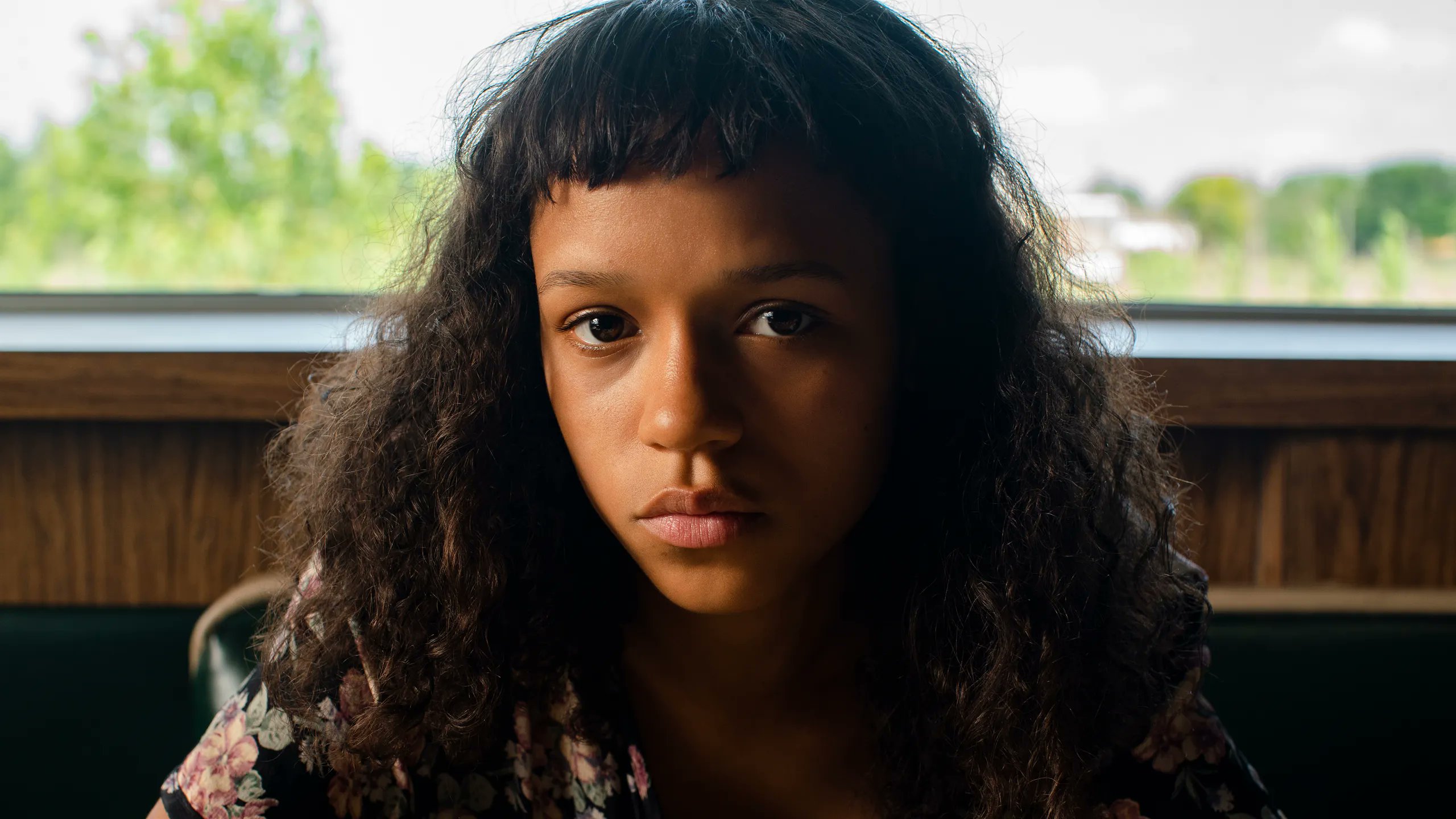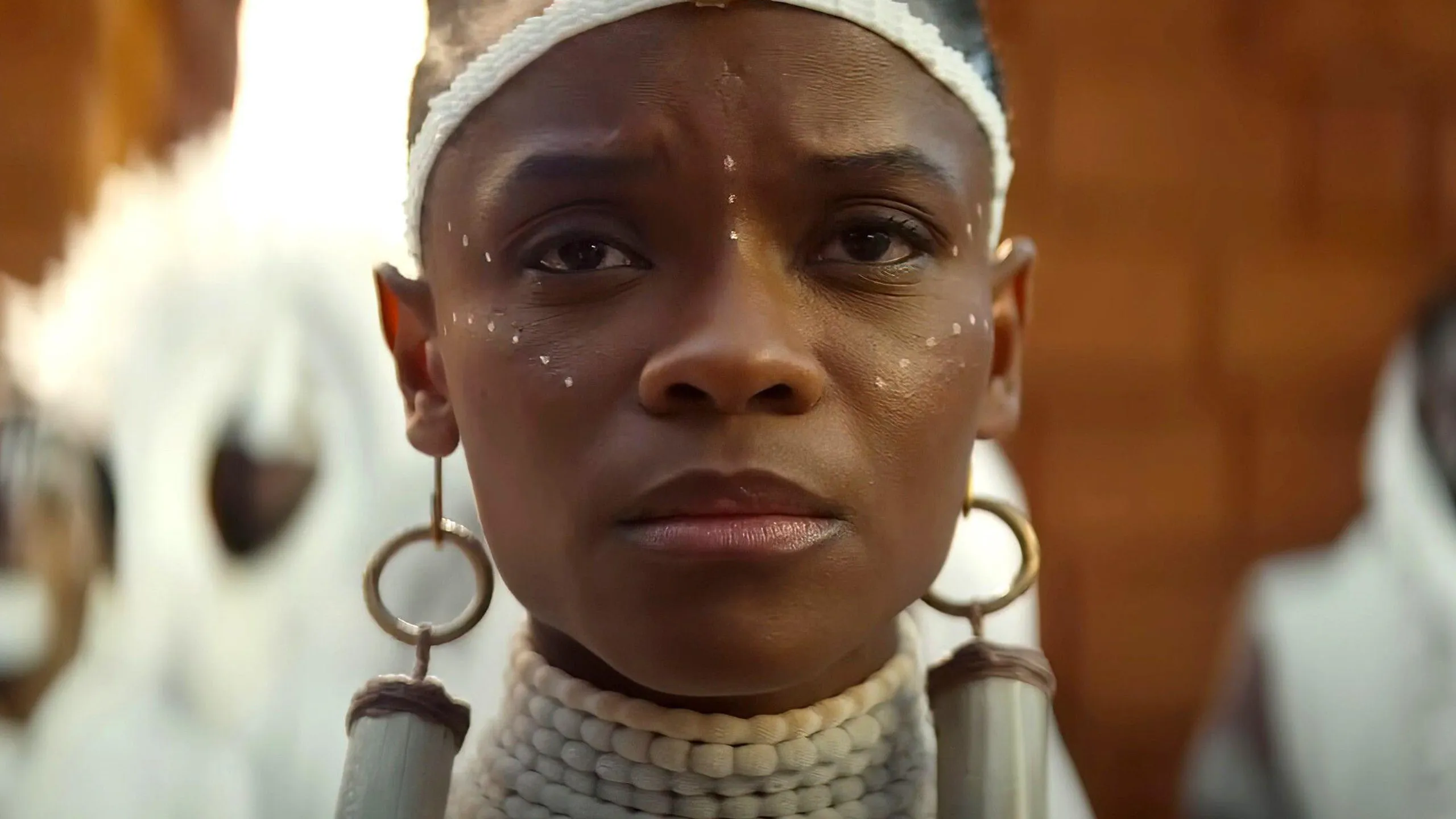
A still from the animated short Another Dream
Indian marital pressures, Europe’s voguing queens, becoming a mother in Aleppo, and female genital mutilation in Kenya, women of colour filmmakers brought a rich wealth of experience and perspective to this Sheffield Doc/Fest 2019.
Each year, the rolling hills of Sheffield play host to the world’s third biggest documentary festival. As always, the programme transports audiences in the Northern city of Sheffield to every corner of the world. This year, the majority of the film programme was made by women, 54% to be exact. Diversity in the director’s chair is still a huge issue: of the top-grossing 1,200 films from 2007 to 2018, only nine directing assignments were filled by women of colour. Despite the institutionalised race-based barriers to financing, distribution, and industry recognition, there are a number of inspirational women filmmakers of colour breaking through to tell their truths.
Here are some of the women filmmakers of colour to watch after Sheffield Doc/Fest 2019.
Archana Atul Phadke
A young filmmaker from India, Archana Atul Phadke was chosen for Sheffield Doc/Fest’s New Talent Award this year. Her film, About Love, was not one focused on a huge event or topic, but followed the life of her family in South Mumbai.
There’s nothing like an Indian wedding to spark a grilling of all single family members who are ‘of age’ as to when they’ll tie the knot. Archana perfectly captures the marriage mania that it triggers as she laughs and jokes with her sister and cousins about how their family will prepare for a wedding if they hear a whisper of a “B for boy”. All under one roof, Archana explores love through three generations of a tight-knit family who have frank conversations and jokes. In one scene she tells her dad “you’re in a good mood today”, and he laughs and replies “that’s because my wife is in a good mood”. Archana is an exciting new director who is telling the real stories of young people in India in a very accessible and engaging way.
Marwa Zein
Born in Mecca, Saudi Arabia, but of Sudanese descent, questions of identity have echoed around filmmaker Marwa Zein’s mind for years. In her documentary Khartoum Offside, which had its UK premiere at Sheffield Doc/Fest, Marwa rebels against two customs under Sudan’s Islamic military rule: that women are discouraged from playing football and making films. Naturally, she made a film about a group of young women in Sudan who play football, intent on creating a women’s football team. Marwa makes it her purpose to challenge rigid social and religious beliefs.
Garrett Bradley
31-year-old Garrett Bradley made her first film when she was 16 and her film Alone won over the Sundance Film Festival jury in 13 minutes. This year, she brought the UK premiere of her film America to Sheffield Doc/Fest and it was awarded the Short Award. America interweaves monochrome silent film footage, aiming to challenge the idea that black cinema was a wave, and instead that it is a continuous thread of success. Her string of film festival triumphs means she’s sure to continue providing the world with analysis of socioeconomic issues and historical reflections through photography and film.
Waad al-Kateab
Syrian mother Waad al-Kateab became a filmmaker for her new daughter Sama. Her eye-opening documentary, For Sama, about her family’s life in Aleppo throughout the revolution had its UK Premiere at Sheffield Doc/Fest, scooping the Audience Award. It is rare to see a war documentary told strictly from a woman’s perspective.
The intimate portrait is a letter to her daughter, piecing together her upbringing among airstrikes, violent protest, but also the intense love of her mother and father. Waad explains in the documentary that she films because. “It gives me a reason to be here”. She began recording everything– not with a view to making a documentary that would win awards at Cannes Film Festival, but to preserve the moments that felt so transient and fragile. Giving the world a window into being a woman and a mother in Aleppo, Waad gave people no choice but to relate and connect with experiences that a Western audience is so detached from.
Tamara Shogaolu
Tamara is the Creative Director of production company Ado Ato, and Another Dream was part of Ado Ato’s transmedia series Queer in a Time of Forced Migration.
As one of the few black women tackling virtual reality, Tamara Shogaolu truly stands out in the white, male-dominated world of tech. Just as she is navigating a neverending white space, so are the subjects of her virtual reality installation – an Egyptian lesbian couple who escape the country’s homophobic attitudes to seek asylum in the Netherlands. During Another Dream, through the medium of animated documentary and an interactive VR game, she brings a true love story across continents to life in a way that leaves those who watch it feeling very raw.
Nyasha Kadandara
Nyasha Kadandara, a Zimbabwean-born journalist who lives in Kenya, is not new to the scene, and she directed award-winning documentary Through the Fire. Her newest venture is beyond 2D documentary, to 360 degree VR cinema. Nyasha participated in Electric South’s 2017 New Dimensions Lab, which teaches African artists how to produce immersive media. With their support she created Le Lac – a VR documentary that explores the effects of climate change and Boko Haram on Lake Chad, which has shrunk to 10% of its original size. The story is told by the poetic female voice of the lake. The young visual storyteller has made it her mission to shine a light on the East African experience, and she won the Best Digital Narrative award at Sheffield Doc/Fest for her efforts.
Beryl Magoko
Due to community pressures in Kenya, Beryl Magoko endured female genital mutiliation (FGM) at the age of 10 and is now considering reconstruction surgery. In 2012 she released her first multi-award-winning documentary about FGM, The Cut. Her new film, In Search… is about her personal journey to genital reconstruction.
According to the World Health Organisation, 30 countries in the world practice FGM. Beryl speaks with other women who were circumcised as children and they unpack the sustained relationship and intimacy issues. One woman says “It is impossible for me to imagine someone touching me there”. The Kenyan director also shows an honest and hopeful conversation she has with her mother about FGM. Beryl speaks bravely about sex and genitalia, empowering other African women to do the same.
Chiemi Shimada
Japanese filmmaker Chiemi Shimada, who is based in London, is experimental with her documentary forms, often playing with lighting and angles to give a more abstract and hypnotic experience. Her films explore themes of the domestic,family, intimacy, displacement, and the human condition. Her short-film, Chiyo, had its world premiere in Sheffield, showcasing her sensuous portrait of her grandmother Chiyo in the Japanese suburbs with the warm textures of 16mm colour.
Chiemi’s work is extremely aesthetically pleasing, with her previous film Fragments, which explores the act of observation through a 1940s crime scene diorama, inducing a trance-like state.
Bibi Fadlalla
Bibi Fadlalla is a black filmmaker who grew up in the Netherlands. Since 2012, Bibi has been tackling issues facing black people in her country head on. She began with Black Pete and I, and also followed the life of a white mother who didn’t know how to care for her daughter’s afro hair.
This year Bibi created the emotionally-charged yet beautiful documentary, Father Figure, about Guilliano, the founding-father of The Kiki House of Angels, a vogue dancing community in Rotterdam. Difficult conversations about being both black and gay, suffering a barage of racism and homophobia, is cut with stunning shots of Guilliano’s fierce voguing in a leopard print top and pink leggings against industrial backdrops. Bibi looks within her own country for personal examples of bigger issues in society, and we’re excited to see what she produces next.
Ekta Mittal
Through relationships forged with migrant laborers building the metro in Bangalore for an earlier project Behind the Tin Sheets, Indian filmmaker Ekta Mittal ventured into stories of loss, limbo, and loneliness for her recent film Birha. Birha has been translated into the title Absence for a Western audience, but Ekta explained at IDFA that “absence limits the meaning of the word” and it is “a state of being in a process of lamenting and longing, sometimes overcoming it, sometimes not.” The film focuses on young men who leave villages to find work in cities, guided by Shiv Kumar Batalvi’s Punjabi-Sufi poetry.
Ekta told Film Comment she is going to continue making films connected to this film for the rest of her life, spotlighting the various encounters that happen on the road.









